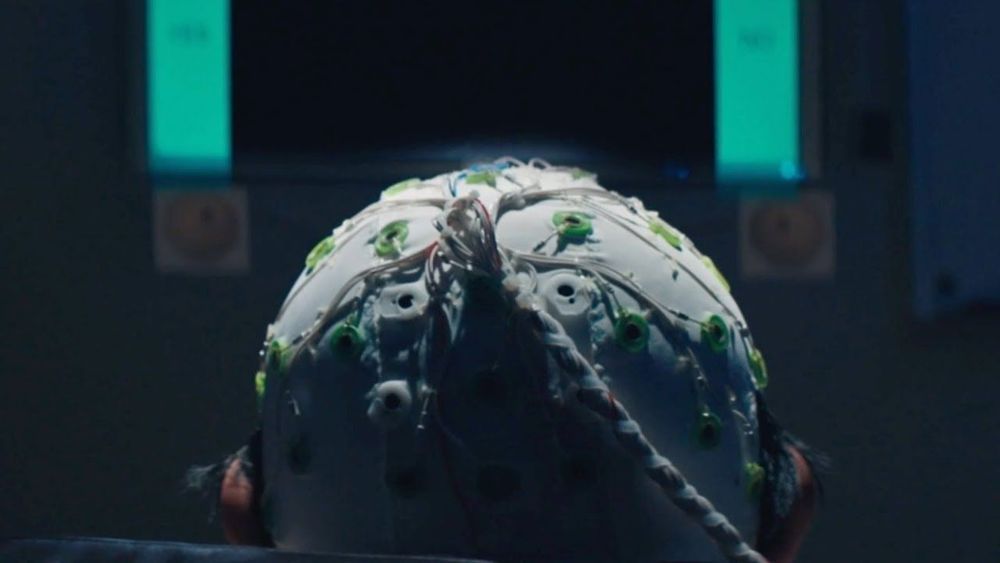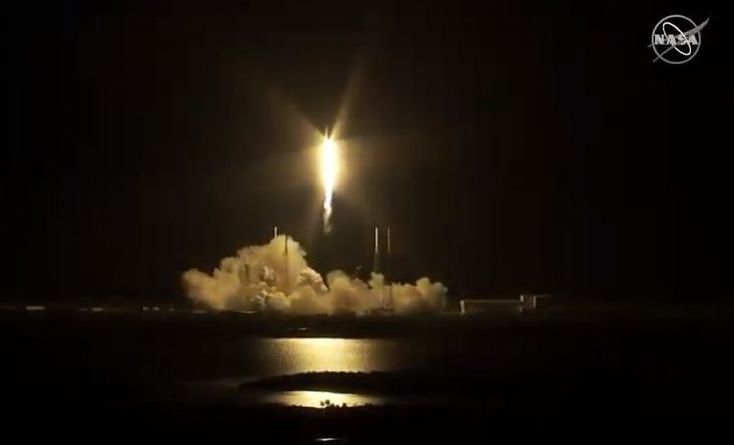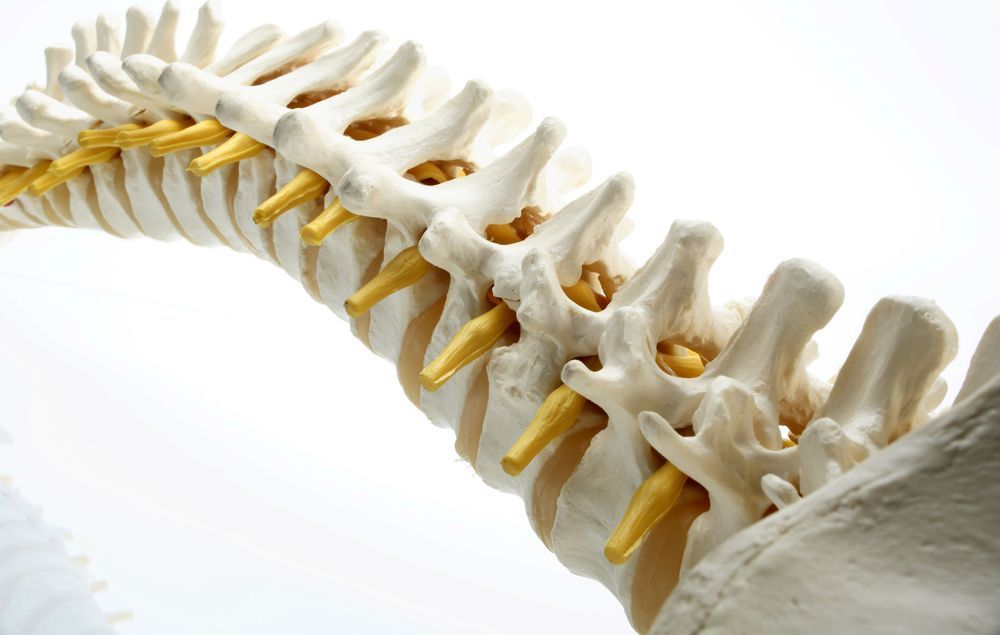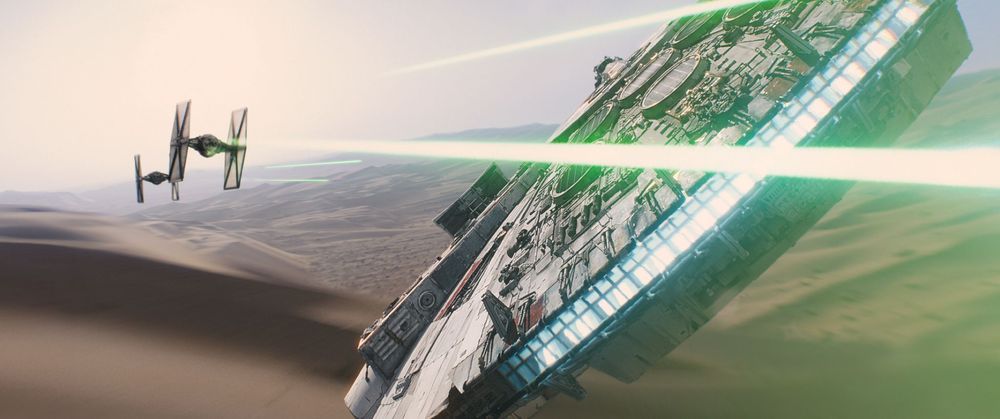Page 8872
May 4, 2019
Man cracks his neck, ends up giving himself a stroke
Posted by Genevieve Klien in category: futurism
I’m not going to venture a guess as to what percentage of the population regularly cracks their necks, but I have to imagine it’s pretty high. A quick bend left and right is all it normally takes to produce the satisfying “pop,” and for most of us it seems like little more than a harmless habit.
Apparently that’s not the case, and the story of one 28-year-old Oklahoma man is a strong reminder that toying with one’s own spine can be a dangerous thing. A simple neck crack is all it took to turn Josh Hader’s life upside down, and he knew within moments that he had accidentally done some serious damage.
May 4, 2019
Anti-CRISPR molecules discovered that can block the gene editing technology
Posted by Genevieve Klien in categories: bioengineering, biotech/medical, habitats
As we dive into the brave new world of gene editing, CRISPR technologies are undoubtedly becoming increasingly precise, but alongside enhanced precision is also the necessity for developing ways to inhibit or block the process – an anti-CRISPR molecule, if you will. New work from the Broad Institute and Brigham and Women’s Hospital has presented a study that homes in on small molecules that may have the ability to safely block the CRISPR gene editing process.
May 4, 2019
NASA and Star Wars: The Connections Are Strong in This One
Posted by Michael Lance in categories: robotics/AI, space
#StarWarsDay #StarWars #StarWarsCelebration #NASA #MayThe4thBeWithYou
Space Screening, ‘TIE’-ins, Tatooine and The Droids You’re Looking For
NASA astronauts “use the force” every time they launch … from a certain point of view. We have real-world droids and ion engines. We’ve seen dual-sun planets like Tatooine and a moon that eerily resembles the Death Star. And with all the excitement around the premiere of Star Wars: The Force Awakens, the Force will soon be felt 250 miles above Earth on the International Space Station. Disney is sending up the new film so the astronauts can watch in orbit, and the station’s commander, Scott Kelly, can hardly wait:
Continue reading “NASA and Star Wars: The Connections Are Strong in This One” »
May 4, 2019
SpaceX Dragon Heads to Space Station After Successful Launch
Posted by Michael Lance in category: space travel
Success! This morning, SpaceX’s Dragon spacecraft launched from Cape Canaveral Air Force Station in Florida on a mission to deliver more than 5,500 pounds of scientific research, supplies and hardware to the crew aboard the International Space Station. Get the details: https://go.nasa.gov/2vLx99b
May 4, 2019
The Air Force Just Shot Down Multiple Missiles With A Laser Destined For Fighter Aircraft
Posted by Klaus Baldauf in category: military

The service wants this game-changing capability to be hanging off the wings of fighter jets by the early 2020s.
May 4, 2019
The Otso Incident with Donovia in 2030
Posted by Klaus Baldauf in categories: computing, finance, geopolitics, treaties
“If we don’t study the mistakes of the future, we’re doomed to repeat them the first time :(” — Ken M, comedian.
[Editor’s Note: Today’s blog post is an excerpt from Mr. Robert J. Hranek’s short story entitled “Angry Engineer,” submitted to the 2019 Mad Scientist Science Fiction Writing Contest. The underlying premise of this contest was that, following months of strained relations and covert hostility with its neighbor Otso, Donovia launched offensive combat operations against Otso on 17 March 2030. Donovia is a wealthy nation that is a near-peer strategic competitor of the United States. The U.S. is a close ally of Otso and is compelled to intervene due to treaty obligations and historical ties. Among the many future innovations addressed in his short story, Mr. Hranek includes a “pre-mortem” in the form of two dozen lessons learned, identifying potential “mistakes of the future” regarding the Battle for Otso, so that we’re not “doomed to repeat them the first time!” Enjoy!]
The U.S. responded to Donovia’s invasion of Otso by initiating combat operations against the aggressors on 1 April 2030 — April Fools’ Day. Thousands of combatants died on both sides, mostly on ships; hundreds more were wounded, primarily from the land battle, and an unverifiable number of casualties occurred worldwide due to the sabotage of power grids and other infrastructure. An accurate civilian count was impossible in the chaos of reestablishing power, computer, and financial systems worldwide.

will be premiering at Tribeca Film Festival in New York.
For the past two years, I have been involved with a documentary on the future of the brain. As announced today in Wired, I’m excited to share that the film, I AM HUMAN, will be premiering at Tribeca Film Festival today in New York! Here is a sneak peek.
May 4, 2019
109 – Bruce Damer on The Origins and Future of Life
Posted by Mark Larkento in categories: biological, computing, space travel

Bruce Damer is a living legend and international man of mystery – specifically, the mystery of our cosmos, to which he’s devoted his life to exploring: the origins of life, simulating artificial life in computers, deriving amazing new plans for asteroid mining, and cultivating his ability to receive scientific inspiration from “endotripping” (in which he stimulates his brain’s own release of psychoactive compounds known to increase functional connectivity between brain regions). He’s about to work with Google to adapt his origins of life research to simulated models of the increasingly exciting hot springs origin hypothesis he’s been working on with Dave Deamer of UC Santa Cruz for the last several years. And he’s been traveling around the world experimenting with thermal pools, getting extremely close to actually creating new living systems in situ as evidence of their model. Not to mention his talks with numerous national and private space agencies to take the S.H.E.P.H.E.R.D. asteroid mining scheme into space to kickstart the division and reproduction of our biosphere among/between the stars…















